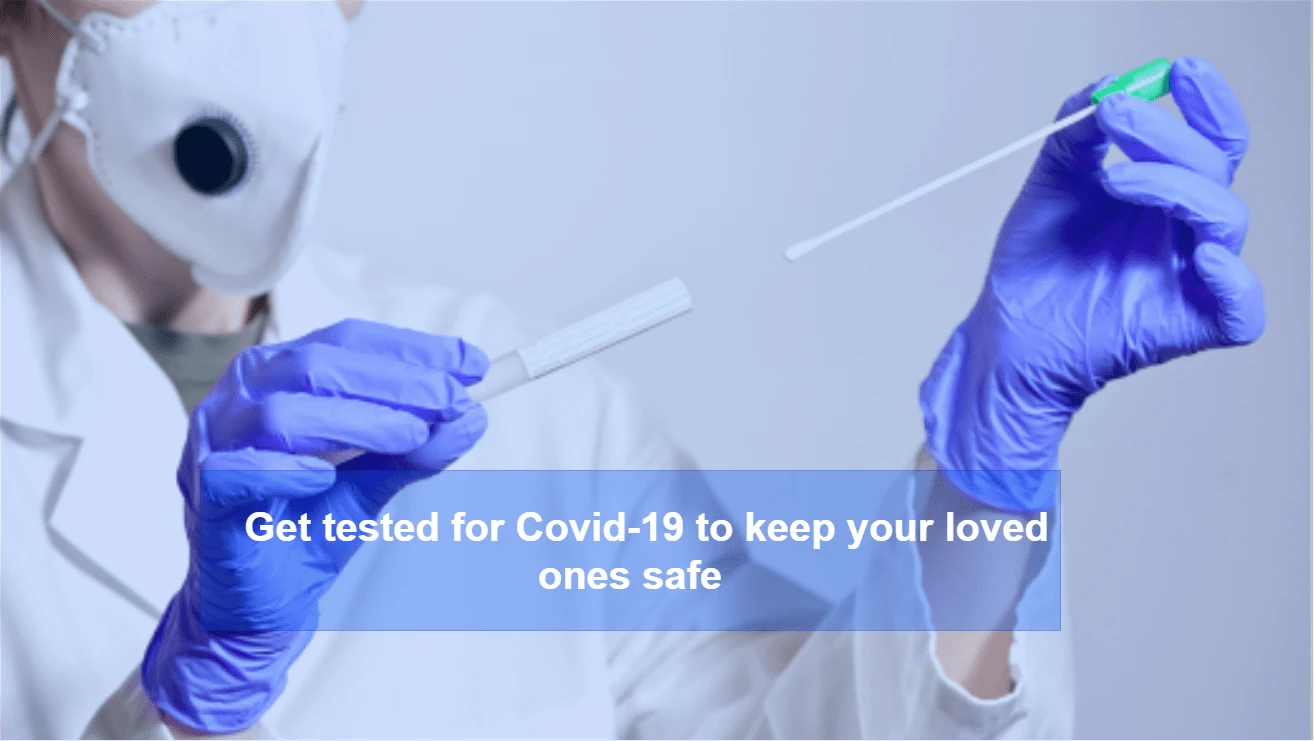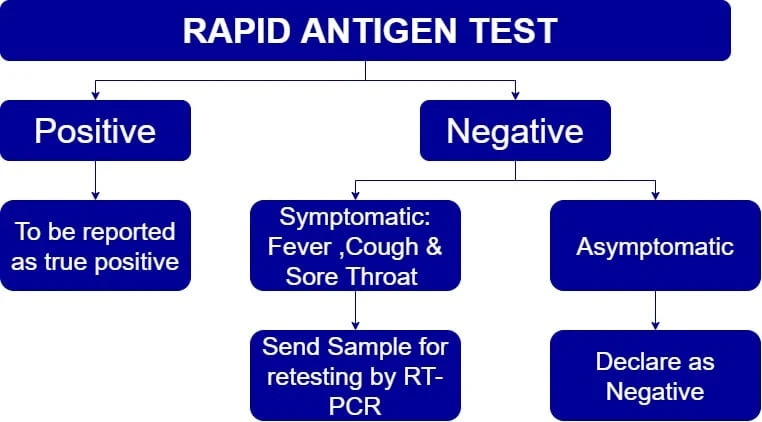What Is Antigen
An antigen is a molecule capable of stimulating an immune response. They may be proteins, polysaccharides, lipids or nucleic acids. Each antigen has distinct surface features that are recognized by the immune system.
SARS-CoV-2, the virus that causes COVID-19, has several known antigens, including its nucleocapsid phosphoprotein and spike glycoprotein, which are the visible protrusions on its surface.
An antibody is a Y-shaped protein produced by B cells of the immune system in response to exposure to antigens. The tip of each Y-shaped arm contains antigen binding sites (paratopes) that bind to a specific portion of the antigen’s surface (epitope). This binding helps to eliminate antigens from the body, either by direct neutralisation or by “tagging” them for elimination by other arms of the immune system.
When infected with SARS-CoV-2, the body produces antibodies that bind specifically to the spike proteins and other antigens to help eliminate the virus. This binding can be harnessed to develop antibody and antigen-based diagnostic tests.
What are antigen tests and what can they tell us?
An antigen test reveals if a person is currently infected with a pathogen such as the SARS-CoV-2 virus. Once the infection has gone, the antigen disappears.
Unlike nucleic acid-based tests such as PCR, which detect the presence of genetic material, antigen tests detect proteins or glycans, such as the spike proteins found on the surface of the SARS-CoV-2 virus.
They can take longer to develop than molecular and antibody tests, as suitable antibodies for use in the assays must first be identified and produced, which can be a complex and time-consuming process. Accuracy can also be a problem, with antigen tests typically having a much lower sensitivity than PCR.
However, they usually provide test results rapidly, are relatively cheap, and can be more amenable to point-of-care use, which could make them more suitable for testing in the community and in remote regions.
How antigen testing works
Antigen tests seek out specific proteins only found in the virus, which the body’s immune response recognises as 'foreign'. Most COVID-19 antigen tests target the 'spike protein' that studs the surface of the coronavirus.
A swab from the nose is collected for this test, where there's a high likelihood of virus particles being present. The swab is then dipped in a solution that inactivates the virus and then transferred onto a test strip. The test strip houses antibodies that bind to coronavirus proteins and hold them in place as the fluid spreads.
If the sample is positive for coronavirus, coloured lines will show up on the paper strip in 15-20 minutes.
Antigen testing has some key advantages
One of the major advantages of using antigen is that it reduces the burden of relying on just RT-PCR tests to identify COVID-19 patients.
"Antigen testing is useful because even if it’s less sensitive, it is rapid and the results that are positive will be positive," Dr Gagandeep Kang, executive director of the Transnational Health Service and Technology Institute, told thePrintin an interview. "So, patients who test positive can get into isolation faster."
Antigen tests remove about half of the positives from the testing load, she added.
Antigen tests are also inexpensive compared to RT-PCR,


